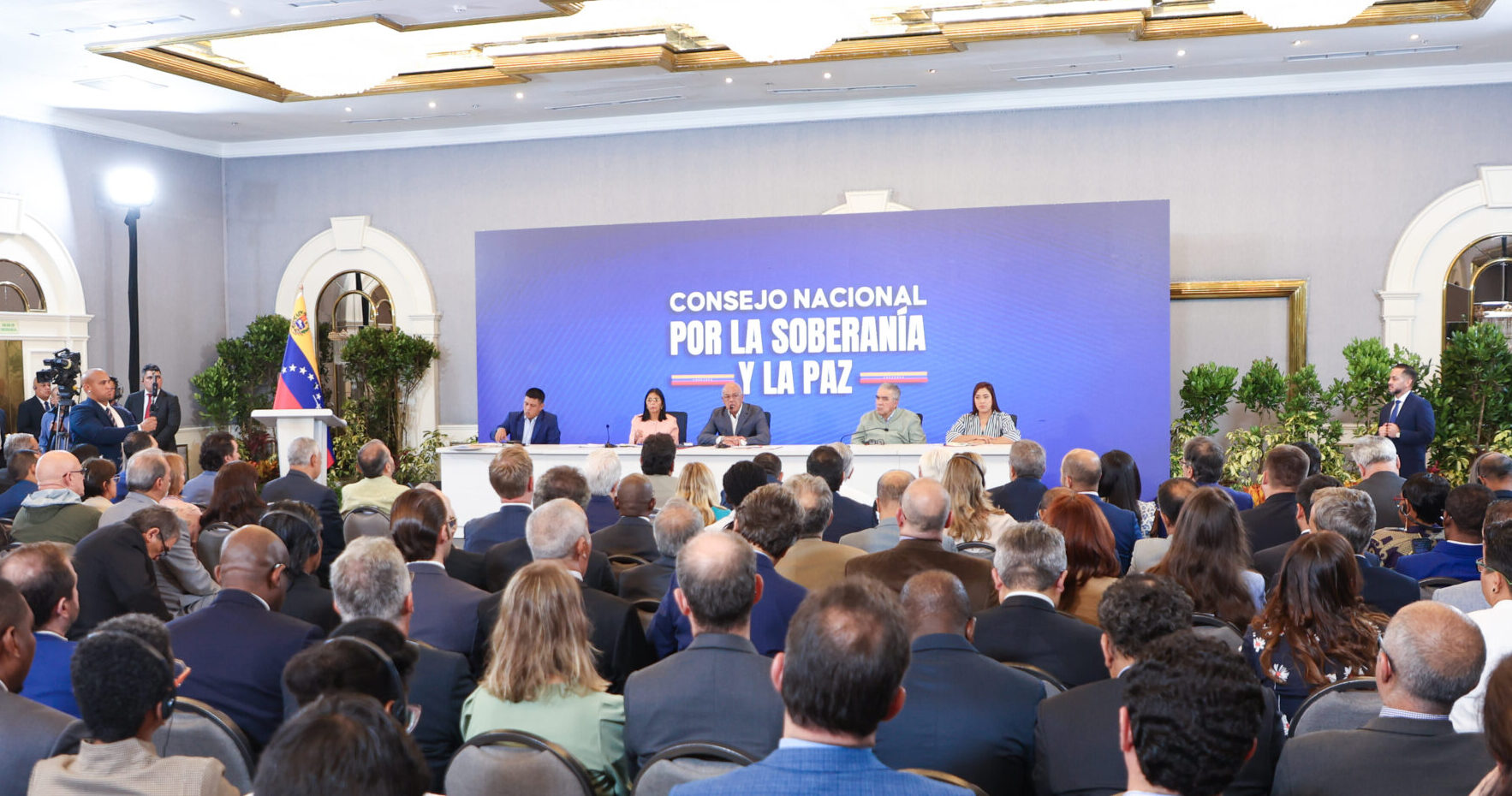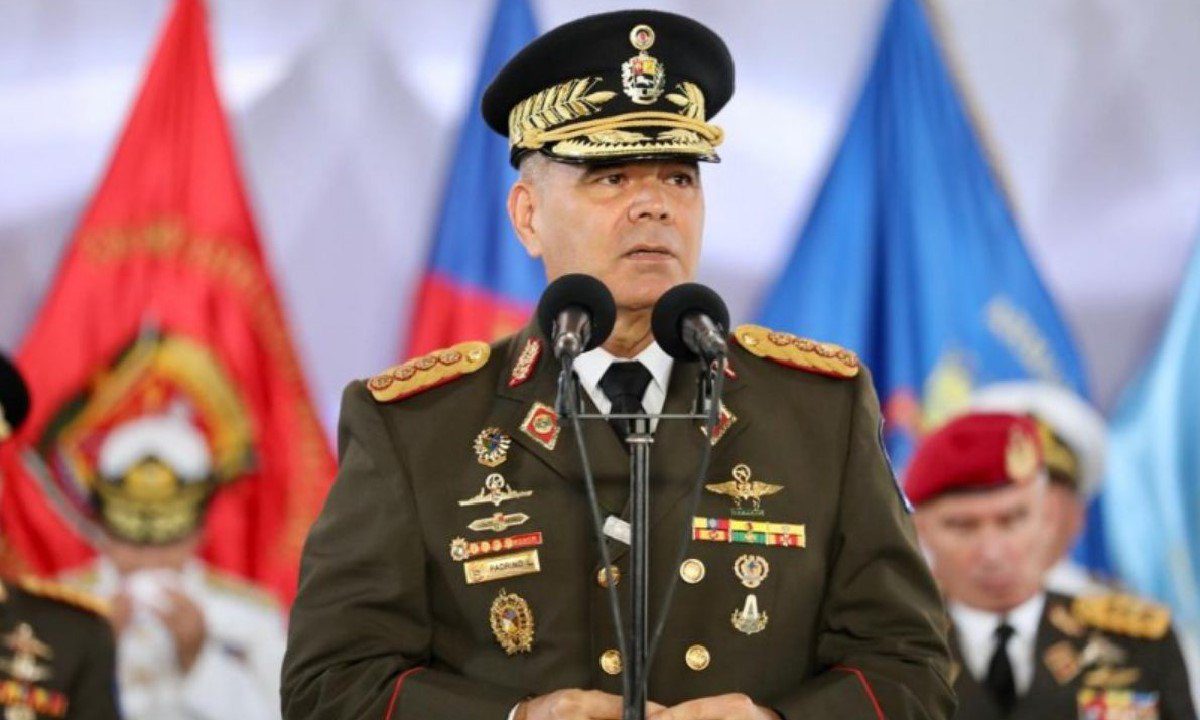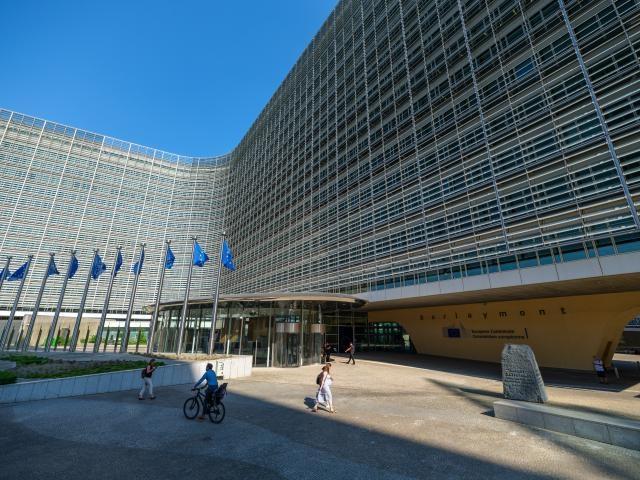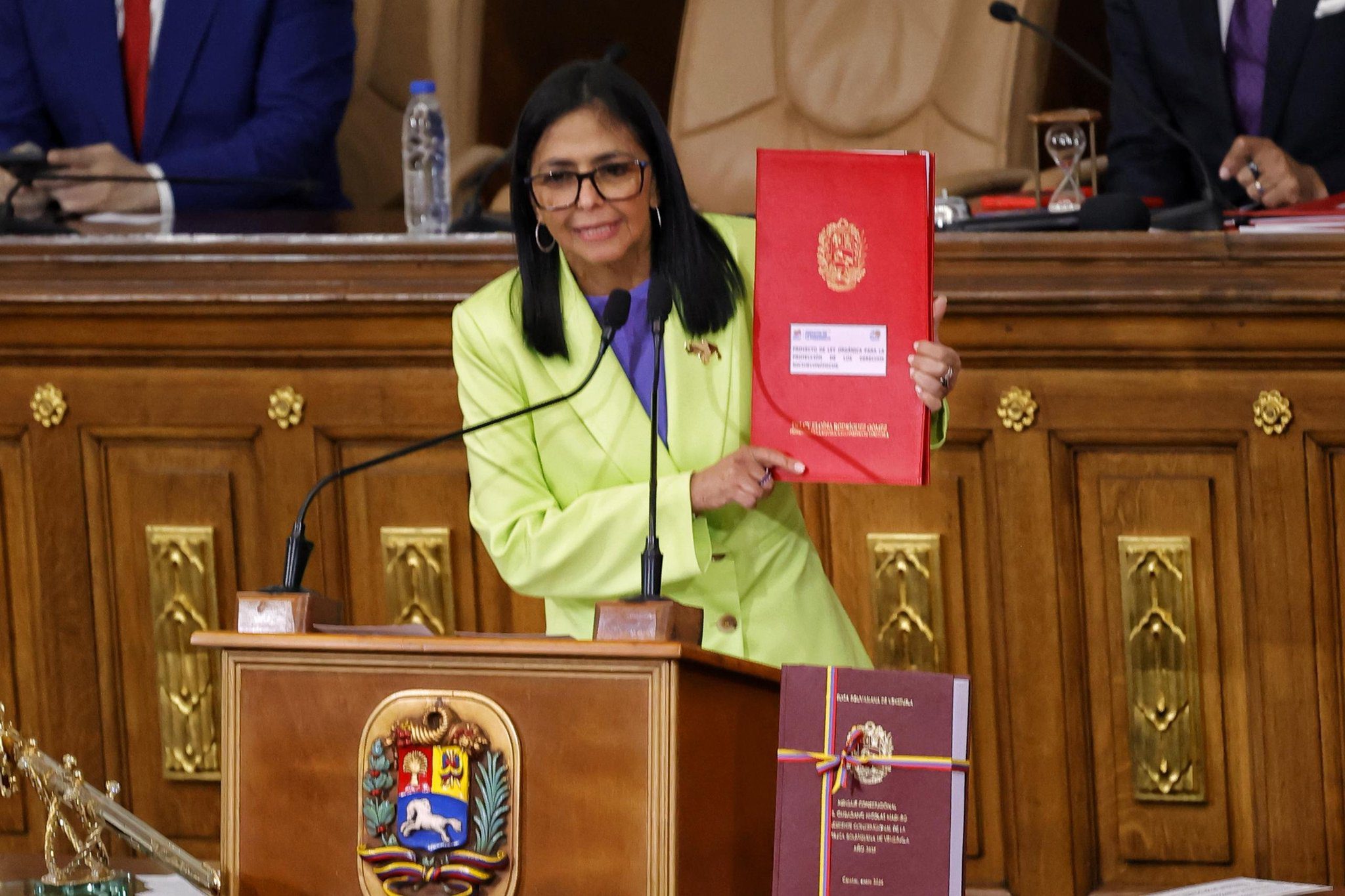Delcy Rodríguez announced on Monday that Nicolás Maduro had already decreed the “state of external commotion” before the diplomatic corps accredited in Venezuela. Photo: National Assembly.
Guacamaya, September 29, 2025. During an event with the diplomatic corps, Executive Vice President Delcy Rodríguez announced that President Nicolás Maduro has already signed the state of external commotion.
This type of state of exception, in case of conflict, allows for the temporary restriction of various constitutional guarantees. However, the Constitution also specifies rights that cannot be suspended, such as the right to life, due process, and access to information, as well as the prohibition of torture.
The vice president added that this state of external shock will only be triggered in the event of a military attack by the United States.
Maduro signed the decree on Sunday, during a meeting of the Nation’s State Council. The decision was due to the threatening presence of United States armed forces in the Caribbean, near the coasts of Venezuela.
The Vice President made the declaration during the meeting of the National Council for Sovereignty and Peace with the diplomatic corps accredited in Venezuela, at the Meliá Hotel in Caracas. The event was led by the President of the National Assembly, Jorge Rodríguez.
Maduro has resorted to exceptional measures on sixty occasions between 2015 and 2021, primarily in response to episodes of protests, social conflict, and economic collapse. In April 2025, he again decreed an economic emergency, citing the escalation of sanctions and the tariff war initiated by US President Donald Trump.
Several legal experts have commented that, on numerous occasions, states of exception or emergency have been decreed when they were not necessary, for example, to take control of public policies that fall under ordinary law, such as tax exemptions or collection, incentives for investors, and public contracts. They have even violated the principle of separation of powers, for instance, by stripping states and municipalities of part of their revenues in favor of the Executive Branch.







